Category: game development
-
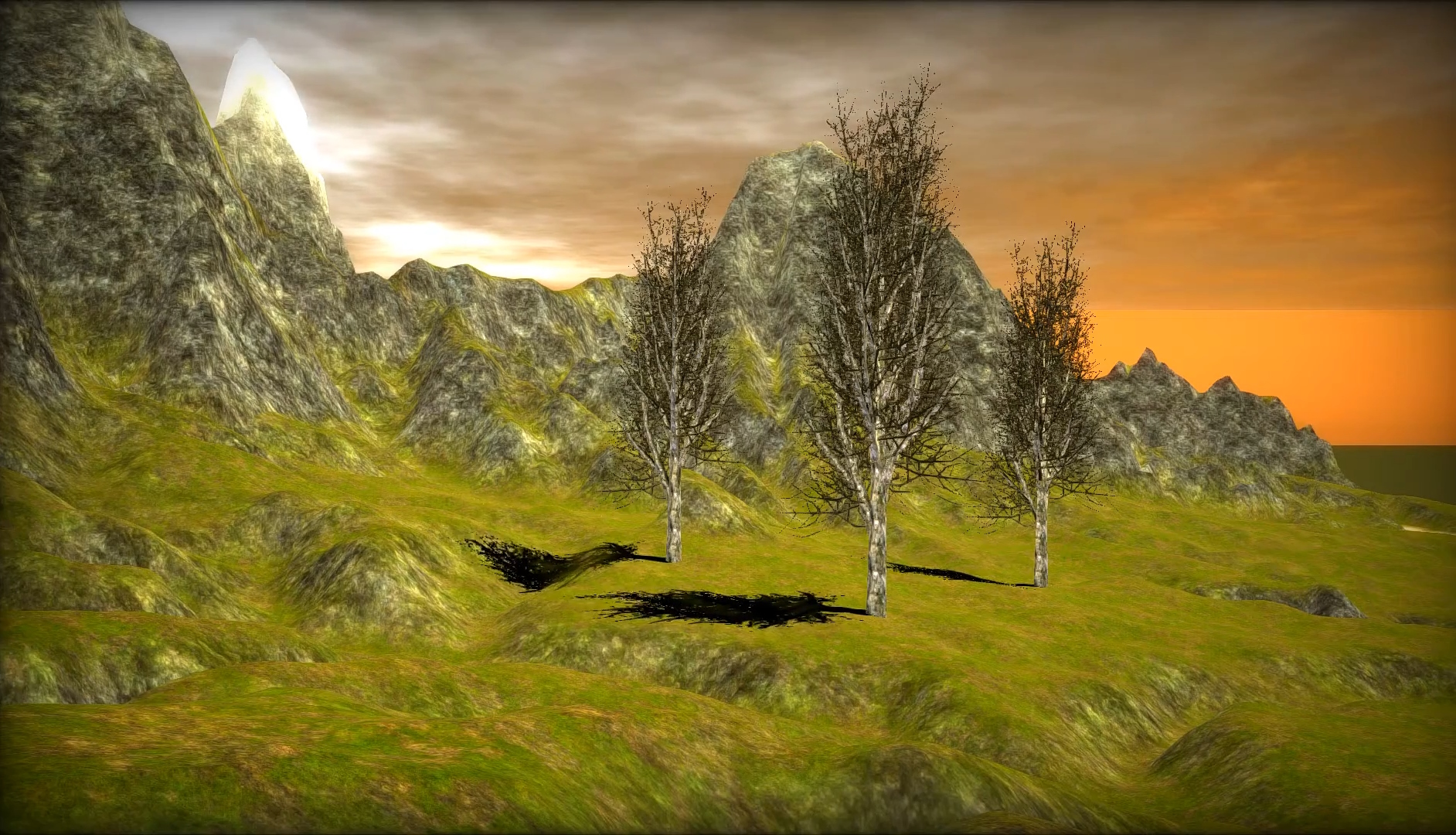
Day / Night Cycles in Games
So thanks to now having access to the game engine source, tweaks can be made (and have been) to enable day/night cycles based on configurable game time. The changes needed were to blend day and night sky domes (alpha fade from one to the other), the vector translation for the sun source for PBR directional…
-
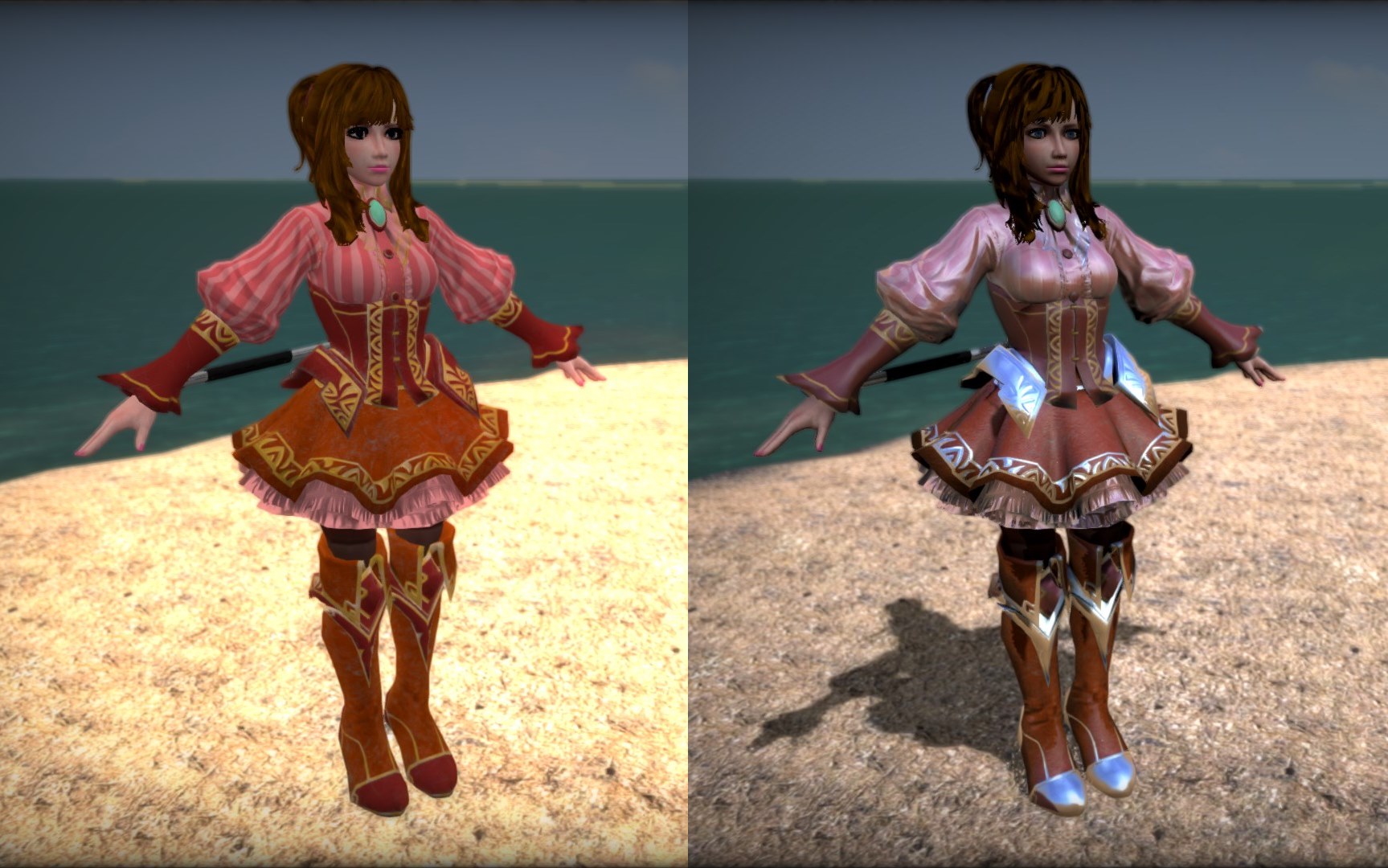
PBR Dragons Redux – Or Musings On If Cogwheel Chronicles Should Go PBR?
I don’t think I can ignore PBR for Cogwheel Chronicles – the uplift in pure ‘niceness’ due to the improved lighting is too much to not include: However, can’t afford to move it all to PBR – many many assets already in the game world – too many to convert so will have to stick with…
-

Parallax Occlusion Mapping
I’ve implemented POM into favourite game engine, also ‘Offset Bump Mapping’. Will have to use these techniques sparingly in Cogwheel Chronicles as Parallax Occlusion Mapping takes a lot of extra height map texture reads to calculate the final texture UVs. The results are pretty good – especially for rocky paths, caves and such like. The…
-
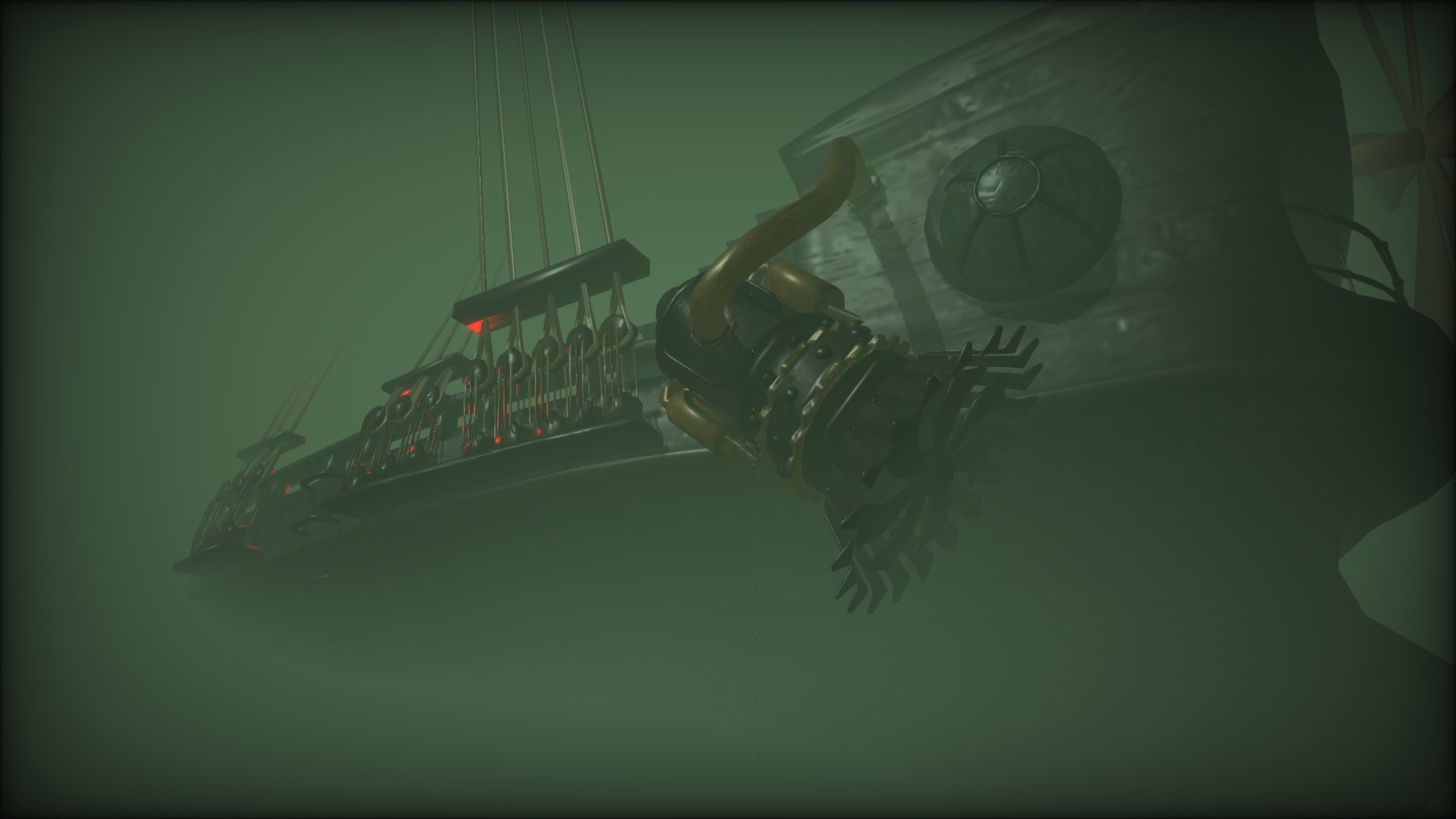
Volumetric Height Based Fog
Fog is a very important game component for Cogwheel Chronicles – it is almost a character in the story itself. Up until now though the fog has been pretty boring, so have now implemented a swirling height based fog effect into the game. Once you’re up in the skies on your airship / biplane /…
-
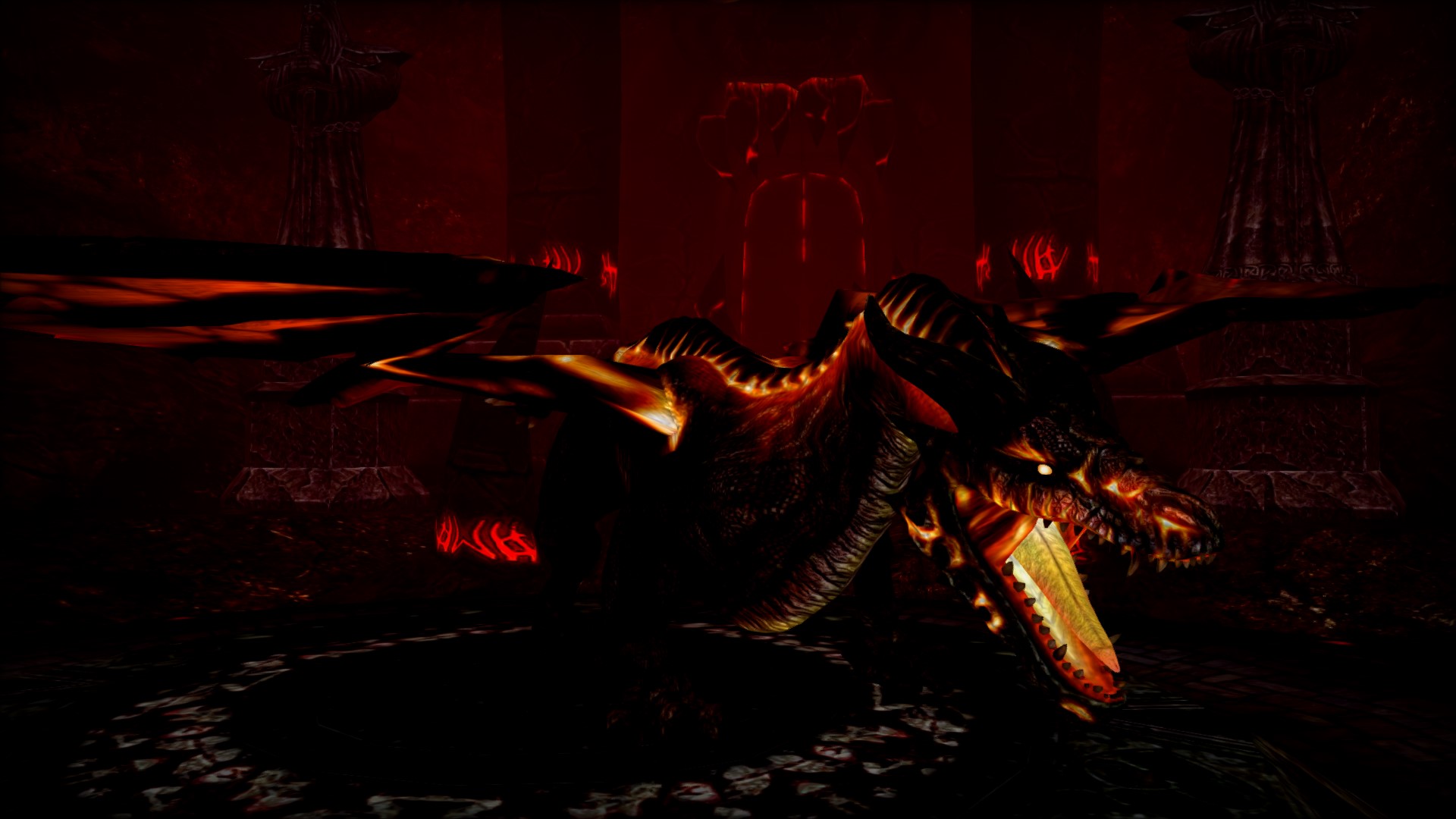
PBR & Dragons
To move to PBR or not to move to PBR that is the current question …. Physically Based Rendering is pretty awesome – all major game studios and game titles use it – but they of course often have hundreds of millions to spend and many dedicated artists, programmers, designers etc. What does a severely…
-
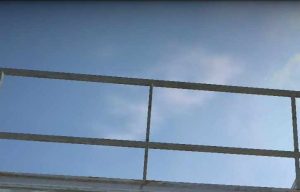
FXAA applied to Cogwheel Chronicles
FXAA (Fast Approximate Anti-Aliasing) is one technique that smooths out rendered jagged edges (“jaggies”) within scenes rendered in games. FXAA is now a pretty old technique in game development, many other anti-aliasing ‘improvements’ have been developed since Timothy Lottes (of NVIDIA) developed FXAA around 2009. FXAA though is a really efficient technique (and that’s what…
